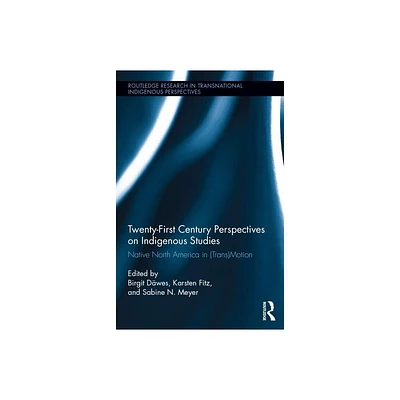Home
African Political Economy the Twenty-First Century: Theories, Perspectives, and Issues
Loading Inventory...
Barnes and Noble
African Political Economy the Twenty-First Century: Theories, Perspectives, and Issues
Current price: $135.00


Barnes and Noble
African Political Economy the Twenty-First Century: Theories, Perspectives, and Issues
Current price: $135.00
Loading Inventory...
Size: Hardcover
*Product Information may vary - to confirm product availability, pricing, and additional information please contact Barnes and Noble
African Political Economy in the Twenty-First Century: Theories, Perspectives, and Issues
edited by Emeka C. Iloh, Ernest T. Aniche, and Stephen N. Azom fills the gap in the discourses on African political economy from an African perspective. Since the end of colonialism in the second half of the twenty-first century, a wide-ranging debate has opened on the future of African development and the nature and character of its political economy, especially as it concerns its web of relationships in the international political and economic system. Two decades into the twenty-first21st century, the debate still rages on and is likely to continue for a long time. This book contributes to the debate by addressing the important question of how African countries can strategically and tactically approach global political economy at multilateral, continental, and regional levels in view of North-South versus South-South configurations.
African Political Economy in the Twenty-First Century
further suggests how African countries can effectively utilize global forces to Africa’s advantage in advancing domestic, regional, and continental development objectives.
edited by Emeka C. Iloh, Ernest T. Aniche, and Stephen N. Azom fills the gap in the discourses on African political economy from an African perspective. Since the end of colonialism in the second half of the twenty-first century, a wide-ranging debate has opened on the future of African development and the nature and character of its political economy, especially as it concerns its web of relationships in the international political and economic system. Two decades into the twenty-first21st century, the debate still rages on and is likely to continue for a long time. This book contributes to the debate by addressing the important question of how African countries can strategically and tactically approach global political economy at multilateral, continental, and regional levels in view of North-South versus South-South configurations.
African Political Economy in the Twenty-First Century
further suggests how African countries can effectively utilize global forces to Africa’s advantage in advancing domestic, regional, and continental development objectives.


















